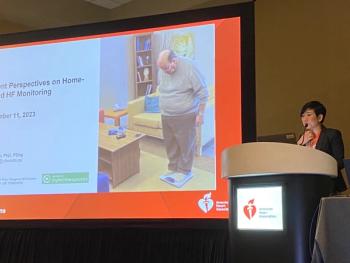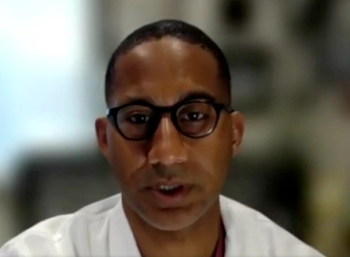
Biocardia Pauses Trial of Innovative Stem Cell Therapy
The pause was recommended by an independent data safety monitoring board, according to a company press release.
BioCardia has paused its pivotal phase III
CardiAMP Cell Therapy, believed to be the first cardiac cell therapy to receive FDA
This trial is the first multicenter clinical trial using stem cell therapy to prospectively screen cells for therapeutic potency.
“Past trials of cell therapy delivered intramyocardially showed benefit in improving heart function,” BioCardia CEO Peter Altman, Ph.D., “but they did not reach statistical significance. We learned from these earlier approaches and added three elements that we believe improve our probability of success: a pre-procedural diagnostic for patient selection, a high target dosage of cells, and a
Related:
The pause — unrelated to any emergent safety events — was recommended by the independent data safety monitoring board. The board’s
The blinded data show that the survival rate at follow-up is greater than that observed in recent similar large pivotal trials in patients with heart failure with reduced ejection fraction. The blinded data also show improved health outcomes in aggregate for patients followed through all key visit dates over 12 months. The data don’t disclose differences in outcomes between the treated and control groups.
According to a Biocardai press release, the board recommended that the blind not be broken, to protect the integrity of the outcomes yet to be collected and “to ensure that the study may be restarted without compromise after completion of the one-year data analysis.” It also recommended that the company continue to treat patients already enrolled.
“We are pleased that there appear to be no treatment emergent safety issues and that the health outcomes measured in the trial show improvement for patients a compromise group,” said Altman. “We will utilize this pause to accelerate our CardiAMP Chronic Myocardial Ischemia Trial and our CardiALLO Heart Failure trial with our world-class clinical partners.”
Newsletter
Get the latest industry news, event updates, and more from Managed healthcare Executive.























